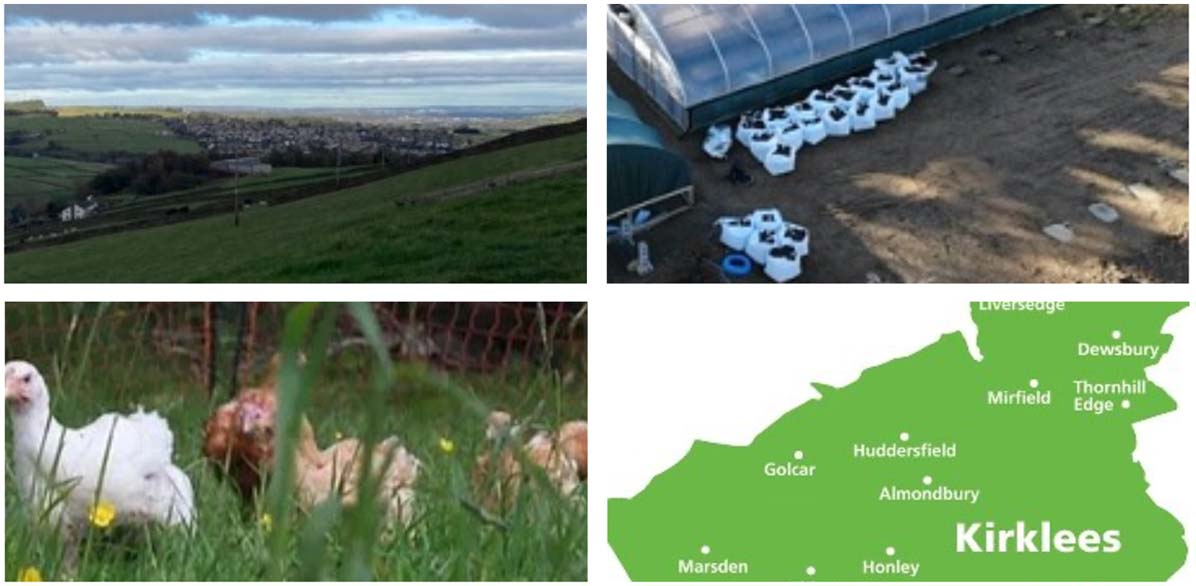Dr John Lever
Director, Centre for Sustainability, Responsibility, Governance and Ethics
Reader at Department of Management, Huddersfield Business School
In the aftermath of the Covid-19 health pandemic, the global food system has been impacted by extreme temperatures, drought and flooding, all of which has been exacerbated by the war in Ukraine. Rising energy prices for fossil fuel inputs (fertilizer, pesticides, transportation etc.) have impacted food prices through international supply chains and agricultural commodity prices have reached levels not seen since the early 1970s (ECIU, 2022).
The subsequent alignment of food insecurity, high energy prices and climate change in the cost-of-living crisis is the latest in a long line of crises that highlight the vulnerability of the global food system (Clapp, 2022). Place-based food partnerships have been striving to overcome the problems this creates by reconnecting producers and consumers via shorter food supply chains to increase regional resilience (Lever et al, 2022). Calls to push these developments forward by enabling regional circular food economies that can reduce climate emissions, biodiversity loss and food insecurity while benefitting regional economies are also intensifying (Lever and Sonnino, 2022).
In Kirklees in West Yorkshire, we have worked closely with a number of what we refer to as ‘circular food enterprises’ to uncover a range of common circular practices. This has included work with an aquaponic trout farm that uses fish waste to grow vegetables (Vandeventer and Lever 2021); a micro poultry farm applying regenerative farming principles (Lever, 2022); and a specialist coffee roaster using innovative methods to collect coffee waste to produce compost for local food growers.
While it is often difficult to join up the practices of diverse place-based stakeholders in a siloed policy context (Velenturf and Purnell, 2021; Lever and Sonnino, 2022), many such enterprises are working tirelessly to overcome common challenges collaboratively. To bypass mainstream logistics and supply chains, some are experimenting with innovative local transport systems (e.g., cargo bikes and electric vehicles) to get food to market, support local businesses and reduce carbon emissions; experiments with biowaste solutions, biodegradable packaging and renewable energy sources are also evident (see Webster and Johnson, 2021). Seen alongside a Defra funded landscape recovery project to ‘deliver environmental benefits across farmed and rural landscapes’, and emerging plans for vertical farming and market gardens, the breadth and scope of these changes emerging across the region becomes evident.
While the perfect storm of food insecurity, high energy process and climate change coalescing in the cost-of-living crisis presents significant short-term challenges, increasing the UKs resilience to ongoing food system crises requires long-term collective strategies and enabling governance conditions. This means that we must encourage and celebrate the systemic diversity and economic modularity (Eakin et al., 2018; Webster and Johnson, 2021) emerging across the region, and strive for more regional integration of the innovative practices we have identified. Moving in this direction will be challenging and it will require more action-based, transformational research (Lever and Sonnino, 2022) that can help us to move beyond the current silo based approaches to policy-making by enabling change from within.

